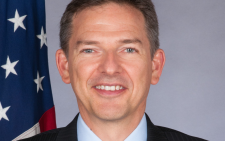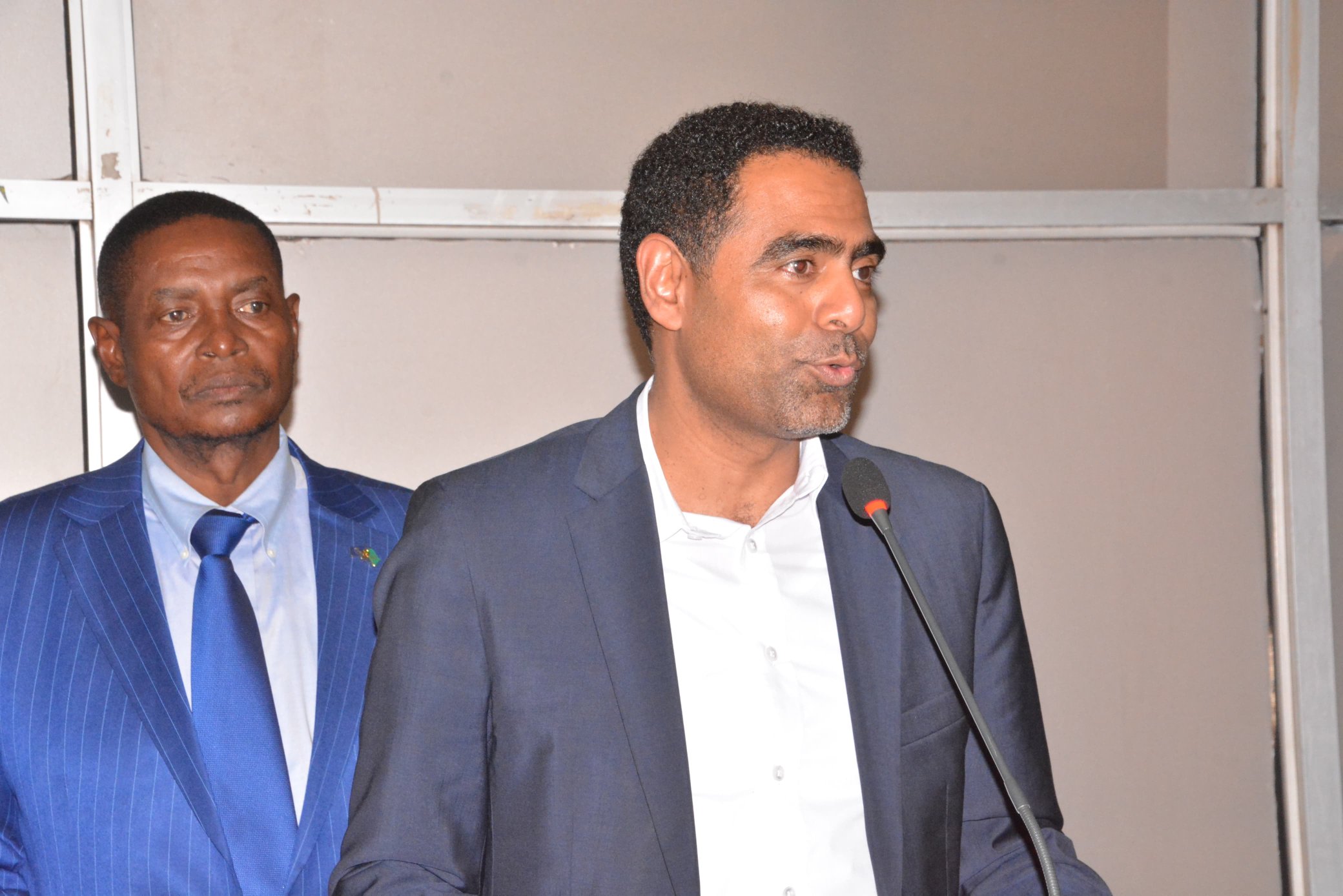Silent sexual exploitation epidemic in academia

Postgraduate supervision globally faces a silent crisis, often overlooked despite significant evidence of its impact. While not universal, these issues warrant serious attention due to their adverse effects on academic progress and personal well-being.
The increasing enrollment of women in postgraduate studies worldwide, including Kenya, marks progress in bridging gender gaps. Beneath these achievements lie persistent challenges unique to female supervisees, particularly under male supervisors. Gender biases, power imbalances, and insufficient mentorship hinder women’s academic growth and perpetuate inequities in higher education.
The hierarchical nature of supervisor-supervisee relationships is intensified by societal norms favoring male authority. Female students often fear being perceived as disrespectful if they address concerns openly. This results in unresolved issues, delayed research, and diminished outcomes. In extreme cases, power imbalances lead to exploitation, the undervaluing of female students’ contributions, and the dismissal of their aspirations, further entrenching inequalities.
Male supervisors may unconsciously harbour biases that affect their treatment of female supervisees. Research topics perceived as “feminine” or less rigorous, such as gender studies or public health, are often undervalued compared to traditionally male-dominated fields like engineering. This skepticism undermines intellectual diversity and discourages women from pursuing their academic passions.
Female supervisees often report receiving less professional support than their male counterparts, such as limited access to research collaborations, conference opportunities, or publications. This inequity restricts their academic visibility and career advancement, leaving many women feeling isolated and unsupported.
Sexual harassment is a pervasive issue in supervisory relationships, driven by power imbalances that enable exploitation. Male supervisors often take advantage of their influence, subjecting female students to inappropriate comments, advances, and coercion. Such behaviours create an environment of discomfort and fear, compromising the integrity of postgraduate mentorship.
Instances of male supervisors meeting female students in privates spaces like hotel rooms under the pretense of academic work, has led to coerced relationships, unwanted pregnancies and abortions. At remote research data collection sites, rogue male supervisors make inappropriate demands, like sharing rooms, in the name of saving costs. The scenarios expose the vulnerability of female students to unethical practices.
Blurring of professional boundaries further complicates the supervisory process. Supervisors sometimes engage in personal favours, such as attending supervisee family events or providing financial support to family, creating conflicts of interest. In some cases, supervisors even write theses for ‘good’ female students, undermining academic integrity and professionalism.
Female students who resist sexual advances often face academic retaliation, including delayed feedback, withdrawal of scholarships, or refusal to approve theses. Such actions jeopardise their academic progress and emotional well-being. Victims may also experience stalking, threats, and reputational damage, with supervisors enlisting allies to discredit them. Paradoxically, these supervisors still claim academic benefits, such as publications and promotions.
The emotional toll of harassment is profound, leading to anxiety, depression, and a loss of self-confidence. Many victims abandon their studies, sacrificing years of hard work and potential contributions. The long-term effects ripple through their professional lives, limiting opportunities and diminishing self-worth.
— The writer is a Professor of physical chemistry at the University of Eldoret











